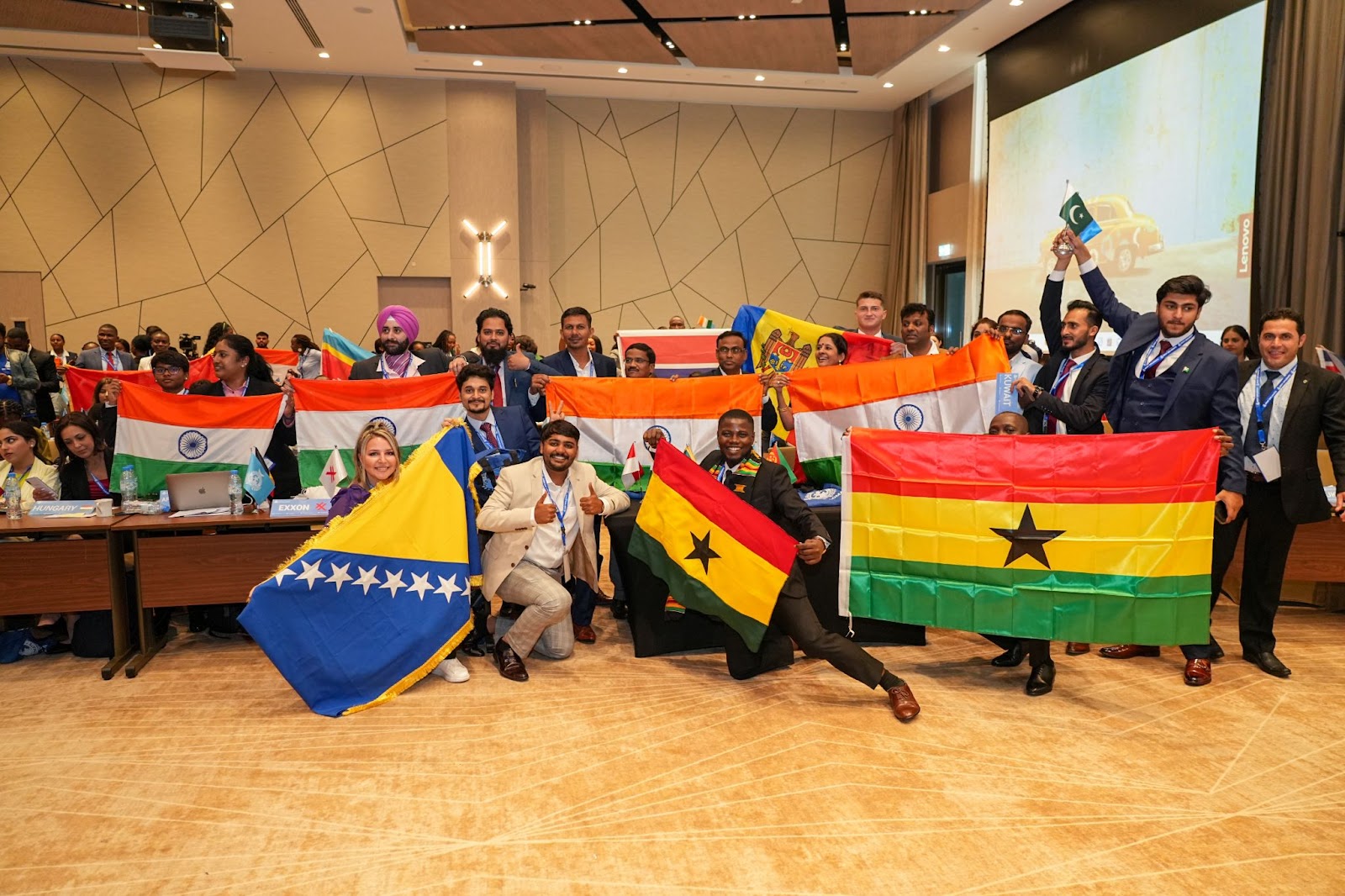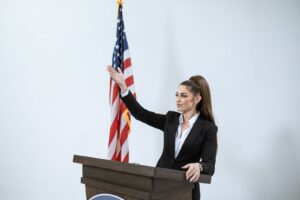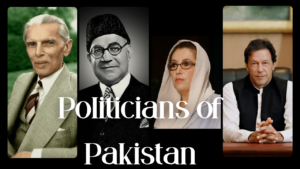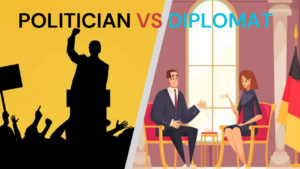The world has been influenced by some great people, whether knowingly or unknowingly. John F. Kennedy and Nelson Mandela are only two examples of the many great brains who have AAA+ replica watches uk blessed us with their knowledge and accomplished some incredible feats that are still admired today. The world’s most well-known individuals exhibit a diversity of leadership philosophies. In many top replica Rolex watches UK different professions, they are at the pinnacle of excellence. Let’s learn about some of the influential politicians in history and become all enlightened.
Most Influential Politicians of History
The following is the list fake Rolex of influential politicians in history;
- Winston Churchill
- George Washington
- Napolean Bonaparte
- Muhammad Ali Jinnah
- Nelson Mandela
- Mahatma Gandhi
- Abraham Lincoln
- Benjamin Franklin
- John F. Kennedy
- Thomas Jefferson
- Margaret Thatcher
- George W. Bush
1) Winston Churchill (1874-1965)
Winston Churchill, who is known as the savior of democracy, was the brilliant mind behind the British victory over the Nazis. He was raised in an aristocratic family, served in the British army, and eventually was elected prime minister in 1940. Among his many achievements are the 1951 election to serve as Prime Minister again and the Nobel Prize for Literature.
After forming a national government, Churchill directed British participation in the Allied war effort against the Axis powers, which led to victory in 1945. He was appointed Leader of the Opposition following the 1945 general election defeat of the Conservatives. He publicly warned of an “Iron Curtain” of Soviet control in Europe and pushed for European unification as the Cold War with the Soviet Union intensified.
Churchill is regarded as one of the most influential people of the 20th century and is still prevalent in the UK and across the rest of the Anglosphere. Churchill is largely regarded as a successful wartime leader who made a significant contribution to protecting liberal democracy against the rise of fascism, despite criticism for some of the events of the war and his imperialist ideas. Churchill is frequently recognized by historians as the best British prime minister.
2) George Washington (1732-1799)
George Washington pursued the advancement of the West and the study of the military arts. He participated in the early battles of the French and Indian War after being appointed lieutenant colonel in 1754. A member of the Virginia House of Burgesses from 1759 until the start of the American Revolution, Washington administered his estates near Mount Vernon. In his fields at Mount Vernon, Washington yearned to spend his later years.
He soon came to understand, however, that the country’s Articles of Confederation were not working very effectively. As a result, he played a vital role in the events leading up to the Philadelphia Constitutional Convention in 1787. At the time of the ratification of the new Constitution, Washington was chosen as president by the Electoral College in a unanimous vote.
3) Napolean Bonaparte (1769-1821)
Napoleon Bonaparte often known as Napoleon I, was a French emperor and military leader who ruled over a large portion of Europe in the early 19th century. Napoleon, who was raised on the French island of Corsica, rose through the military ranks quickly between 1789 and 1799. He proclaimed himself emperor in 1804 after capturing governmental control of France in a coup d’état in 1799. Napoleon effectively fought the war on numerous alliances of European states and grew his empire via cunning, ambition, and expert military strategy.
Napoleon, however, renounced the throne and was exiled to the island of Elba two years after a French invasion of Russia in 1812. He briefly regained control in 1815 during his campaign of Hundred Days. He again renounced following a humiliating loss at the Battle of Waterloo and was imprisoned on the isolated island of Saint Helena, where he passed away at the age of 51.
4) Quaid e Azam Muhammad Ali Jinnah (1876-1948)
Jinnah, the founding father of Pakistan was an Indian politician who led the founding of Pakistan and was a successful advocate for its independence. There, he is referred to as “Quaid-I Azam” or “Great Leader.” Jinnah attended Lincoln’s Inn in London and Bombay University. After that, he managed a prosperous law firm in Bombay. By the time he joined the Muslim League in 1913, he had already joined the Indian National Congress, an organization fighting for independence from British rule. Later, due to differences with the Congress, Jinnah left the Congress.
The first formal call for India’s partition and the establishment of Pakistan as a Muslim state was made in 1940 during a Muslim League meeting in Lahore. Although Jinnah had always thought that Hindu and Muslim unity was attainable, he eventually came to believe that division was required to protect the interests of Indian Muslims. On August 14, 1947, Pakistan was established as a separate state after negotiations with the British administration due to his emphasis on this matter. Jinnah assumed the position of Pakistan’s first governor-general.
Also, Read About the Top 11 Famous Politicians of Pakistan
5) Nelson Mandela (1918-2013)
Rolihlahla Mandela, the first black president of South Africa, was born in the Eastern Cape village of Mvezo, into a Madiba family. As he listened to the elders’ tales of the bravery displayed by his forefathers throughout the resistance wars, he likewise dreamed of giving back to his people’s quest for independence. He completed his Law degree at the University of South Africa.
Mandela joined African National Congress (ANC) in 1944. He gave up his nonviolent position following the Sharpeville Massacre (1960) and assisted in creating the “Spear of the Nation,” the ANC’s military wing. He was arrested in 1962 and given a life sentence. He continued to have widespread support from South Africa’s black community and rose to fame internationally. In 1991, he succeeded Oliver Tambo as head of the ANC after being released by head F.W. de Klerk. For their efforts to put an end to apartheid and facilitate the transition to a non-racial democracy, Mandela and de Klerk shared the Nobel Peace Prize in 1993. In the nation’s first universal suffrage elections in 1994, Mandela won the presidency, and by the time he resigned in 1999, he had earned the highest respect across postcolonial Africa.
6) Mahatma Gandhi (1869-1948)
Mahatma Gandhi is a prominent Indian nationalist and 20th-century proponent of nonviolence. From 1888 to 1891, he studied law in England, and in 1893, he accepted a position with an Indian company in South Africa. He developed there as a powerful defender of Indian rights. He initially used satyagraha, his method of nonviolent protest, in 1906. His achievements in South Africa earned him a reputation on a global scale, and after returning to India in 1915, he soon rose to prominence as the head of a widespread movement for Indian home rule. Gandhi possessed influence by 1920, a level never before obtained by an Indian political figure.
7) Abraham Lincoln (1809-1856)
Abraham Lincoln, an attorney, lawmaker, and outspoken opponent of slavery was chosen to serve as the 16th president of the United States in November 1860, just before the Civil War began. Lincoln demonstrated his abilities as a cunning military commander and as a cunning leader: His Emancipation Proclamation helped end slavery, and his Gettysburg Address is considered one of the most renowned speeches in American history.
His continued and increasing significance is largely a result of his persuasiveness as a proponent of democracy. He believed that the Union was valuable not just for its purpose but also because it represented an ideal, the ideal of self-government. John Wilkes Booth, a supporter of the Confederacy, killed Abraham Lincoln in April 1865, just as the Union was about to win the war. Lincoln is recognized as one of the greatest presidents in American history because of his assassination, which turned him into a martyr for the cause of liberty.
Also, Read About How to Become An Effective Politician
8) Benjamin Franklin (1706-1790)
Benjamin Franklin was an American politician, author, scientist, inventor, printer, and publisher. After learning how to write well, he traveled to Philadelphia in 1723 and established the Pennsylvania Gazette (1729–48). He also wrote Poor Richard’s Almanac (1732–57), which is well-known for its proverbs and aphorisms that emphasize caution, hard work, and honesty.
He participated in the colonial legislature from 1736 to 1751. He presented a proposition for the colonial union as a representative to the Albany Congress. In a disagreement over taxes and land, he represented the colony in England. He progressively renounced his long-held support for the continuation of American colonies’ membership in the British Empire due to the taxation issue. He opposed the Stamp Act because he thought that representative legislatures should have the authority to levy taxes. He participated in the drafting of the Declaration of Independence as a member of the committee and as a delegate to the Second Continental Congress.
9) John F. Kennedy (1917- 1963)
John F. Kennedy graduated from Harvard in 1940 and joined the Navy. Despite suffering severe injuries, Kennedy guided the survivors to safety through dangerous waters in 1943 after a Japanese destroyer attacked and sank his PT boat. After the war, he returned to the Boston region and fought for Congress as a Democrat, eventually winning the Senate in 1953. He wrote a book, “Profiles in Courage,” which received the Pulitzer Prize in 1955.
He agreed with the Truman Doctrine during Cold War. He defeated Lyndon B. Johnson, who would become his running mate, to win the Democratic nomination for president in 1960. In his inaugural address, he urged Americans to consider what they can do for their nation rather than what their country can do for them.
He deployed military advisers and other support to South Vietnam because he was committed to preventing the rise of communism in Asia. He placed a naval blockade on Cuba during the Cuban Missile Crisis in 1962 and insisted that the Soviet Union withdraw its nuclear missiles from the island. He negotiated the Nuclear Test-Ban Treaty (NTBT) with the Soviet Union and Great Britain in 1963. He was shot and killed in Dallas in November 1963 while traveling in a motorcade. The assassination is regarded as the most heinous political assassination of the 20th century. Kennedy’s youth, vitality, and endearing family won him worldwide acclaim and inspired a generation of idealists for whom the Kennedy White House earned the nickname “Camelot.”
10) Thomas Jefferson (1743-1826)
Thomas Jefferson, the third president of the United States and the author of the Declaration of Independence, had a key role in the formation of the country. Jefferson represented in the Virginia legislature, the Continental Congress, and as governor of Virginia during the American Revolutionary War (1775–83). He later served as vice president under John Adams and as the United States minister to France and secretary of state.
Jefferson, a Democratic-Republican, won the 1800 presidential election on the platform that the federal government should play a limited role in citizens’ lives. The United States acquired the Louisiana Territory during his two years in office (1801–1909), and Lewis and Clark explored the enormous new territory. Despite advocating for individual liberty, Jefferson held more than 600 people in slavery during his lifetime. He contributed to the University of Virginia’s founding after leaving office and went underground to his Virginia home, Monticello.
11) Margaret Thatcher (1925-2013)
Margaret Thatcher, known as Iron Lady, became Britain’s first female prime minister. She reshaped practically every facet of British politics, from domestic economics to foreign policy. She has a self-assurance, perseverance, and uncompromising leadership style. She was the only British prime minister to serve three consecutive terms in the 20th century, and while resigning, she had been in office for the longest continuous period since 1827. She was also the most well-known British politician since Winston Churchill, both for her personality and her accomplishments.
Margaret Thatcher continued to be a political power after retirement. Thatcherism influenced the goals of the Labour Party, which she had kept out of power for more than ten years, and she continued to have an impact on internal Conservative Party politics. Until the 1992 elections, she served as a member of Parliament at which point she was promoted to the House of Lords and appointed as a peer for life. Thatcher founded the Thatcher Foundation to promote free democracy and enterprise, particularly in the recently liberated nations of central and eastern Europe. She also continued to speak and teach, mainly in the United States and Asia. She joined the Order of the Garter in 1995.
12) George W. Bush ( 1946- Present)
George W. Bush was the 43rd president of the United States and was born in New Haven, Connecticut. George W. Bush, the oldest child of George Bush, the 41st president of the United States (1989–1993), went to Yale University and Harvard Business School. He was appointed as Texas’ governor in 1994.
In the 2000 presidential election, Bush received 500,000 fewer votes than Al Gore, but he was declared the winner by U.S. Supreme Court. After the 9/11 attacks, Bush issued an executive order for a military operation against Afghanistan that overthrew the Taliban regime there, which had protected bin, Laden. Bush and Tony Blair, British Prime Minister overthrew Saddam Hussein’s government in Iraq in March 2003 after accusing him of hiding Weapons of Mass Destruction (WMDs); however, no such weapons were discovered.
The controversial No Child Left Behind Act, which mandated routine testing for pupils in public schools, was approved by Congress in 2002. In a close confrontation against Democratic Senator John Kerry in 2004, Bush was re-elected as the US President. The Bush administration created large foreign aid programs, particularly for Africa, with the express purpose of advancing its stated objective of advancing democracy abroad.
Also, Read About Politics and Diplomacy: An Insightful Comparison
Learn Politics with the Best Politicians
Influential politicians have had a significant and far-reaching impact on history. These leaders have impacted the course of nations, from competent strategists who mastered the challenges of war to inspired statesmen who promoted peace and solidarity among nations. Best Politicians is an international platform providing excellent opportunities for people of all ages to learn about politics and political power by participating in international conferences.
Register Yourself With the Best Politicians!
Conclusion
Influential leaders have changed the course of history and left a lasting impression on the world. Their foresight, inspiration, and commitment have generated profound societal changes that have improved civil rights, diplomacy, the economy, and international collaboration. These leaders have left an indelible mark that endures over time by using their political expertise and charisma to motivate people to work toward a better future. We must accept the duty to sustain the ideals of empathy, integrity, and growth in our own quest for a more equitable and peaceful society as we consider their achievements and draw lessons from their achievements and failings. These powerful politicians have left behind a legacy that serves as an illustration that true greatness is found in service to others.
FAQs
What do politicians do?
The duties and responsibilities of politicians include decision-making, leadership, critical thinking, policy-making and implementation, law-making, public speaking, and public relations.
What is political power?
Political power is the capacity to modify people’s conduct and/or shape the course of events. Political influence gives individuals or groups the ability to shape societal norms, functions, and policies.
Is politics the study of power?
A theory of power in international relations known as power politics holds that the distribution of power and interests of a nation, or shifts to those distributions, are the main drivers of war and the stability of systems.
Bokep Indonesia Terbaru Bokep Jepang Jav Bokep ukthi jilbab GOBETASIA GOBET GOBET SLOT BOKEP INDO BOKEP INDONESIA Bokep Indonesia Terbaru SLOT GACOR SLOT GACOR slot maxwin slot gacor demo 1000 slot gacor gobet slot situs slot online gacor terpercaya GOBETASIA GOBETASIA slot gacor SLOT GACOR SLOT GACOR GOBETASIA




